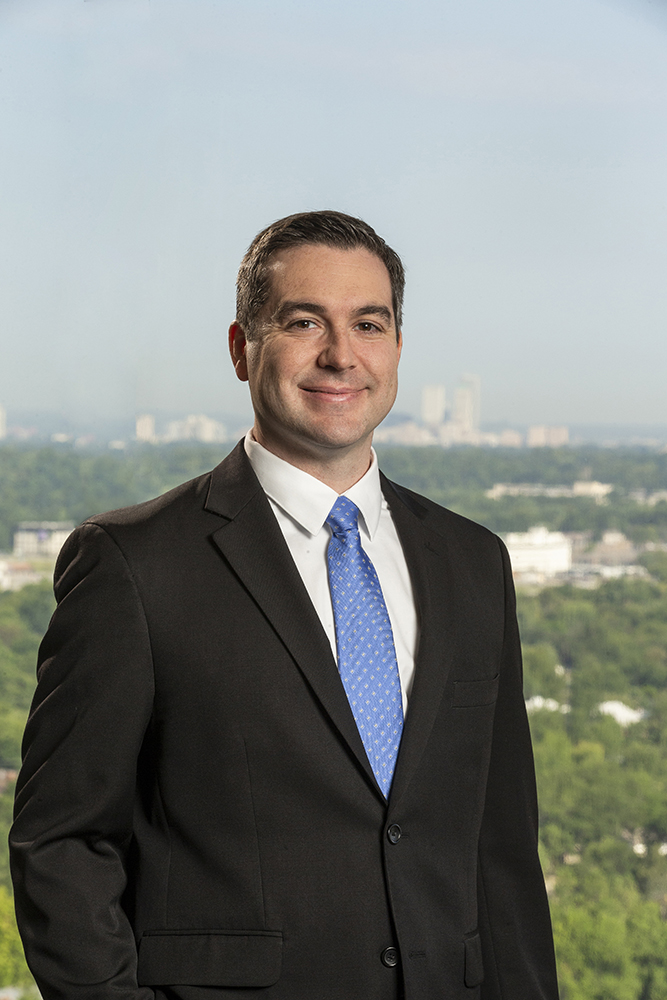The Great Known Unknown
By Ryan Short

My wife’s grandmother passed away unexpectedly in February. She was a woman that everyone called Grandma – a sweet and caring person who was at her happiest when holding a baby. One of her grandchildren eulogized her and said that she was probably the only person in history who enjoyed changing diapers. Surrounded by family throughout her life, she was fortunate to pass away in similar fashion. The last birthday that Grandma celebrated was her 80th. No one would have guessed it would be her last.
Around the same time, we lost Ed, a long-time family friend and neighbor since childhood. My family was lucky to remain connected with him
over the years. Ed lived through two world wars, the Great Depression, and countless other events of historical significance. He always exuded energy, even enrolling in tap dancing and piano lessons in his 90s. When he lost his wife in 2007, we all assumed that he would soon follow her, but Ed was rejuvenated in his retirement community, enjoying eleven more years. He lived to the ripe old age of 101.
These two very different end-of-life situations illustrate an important reminder: life’s great known unknown is its length.
PLANNING FOR THE UNKNOWN
Living longer than expected is what we all hope for, but financially it can be a risk. Fortunately, Ed saved well and lived modestly – surely lessons learned from his experiences during the Great Depression. His assets supported him, even though he lived well beyond average life expectancy. While Grandma’s assets were not similarly tested by time, our planning gave us confidence that she could sustain the possibility of an unusually long life. When we help clients plan for retirement, we help them answer these questions:
• Have I saved enough to retire comfortably, especially if I live longer than I expect?
• What if the markets experience a major correction right after I retire?
• What changes do I need to make now – while still working – to meet my goals?
This approach helps you formalize your goals and create an achievable plan before you start counting on lifetime savings to sustain you. But retirement-readiness is only one aspect of retirement planning. We sometimes need to re-evaluate the retirement plan in light of an increased life expectancy or health change. This in-retirement planning gives you peace of mind that you will not outlive your assets, even if you may outlive expectations. It is important to determine if your projected spending will exceed your resources.
While we cannot eliminate life’s unknowns through planning, we can develop plans that both consider and accommodate for them. Whether we die sooner than we expect or live longer than we would think, we can take solace that a well-made plan can prepare us and our families for whatever the future holds. It allows us to spend our final years as Grandma and Ed did, focusing on family and joyful experiences.
Ryan Short
Vice President
(918) 744-0553
RShort@TrustOk.com




